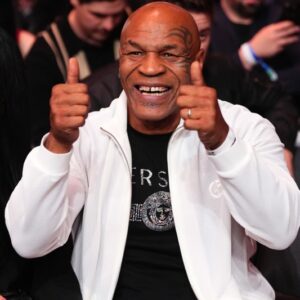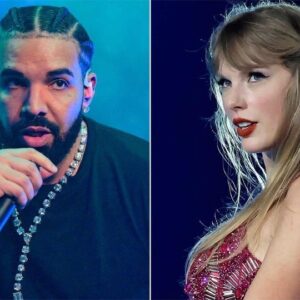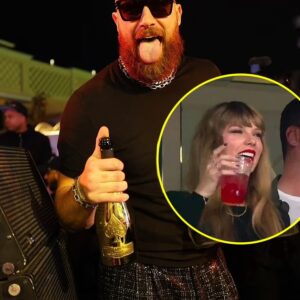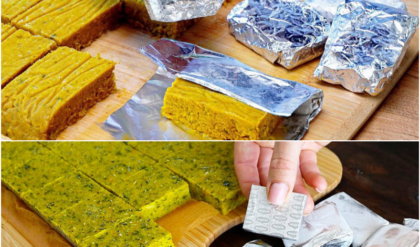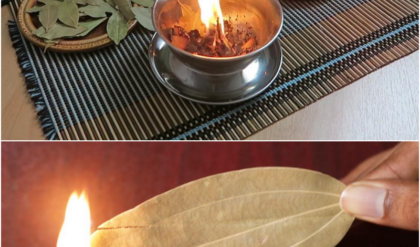Mike Tyson ADMITS To Pimping Out Rappers At Diddys FreakOff Parties?!
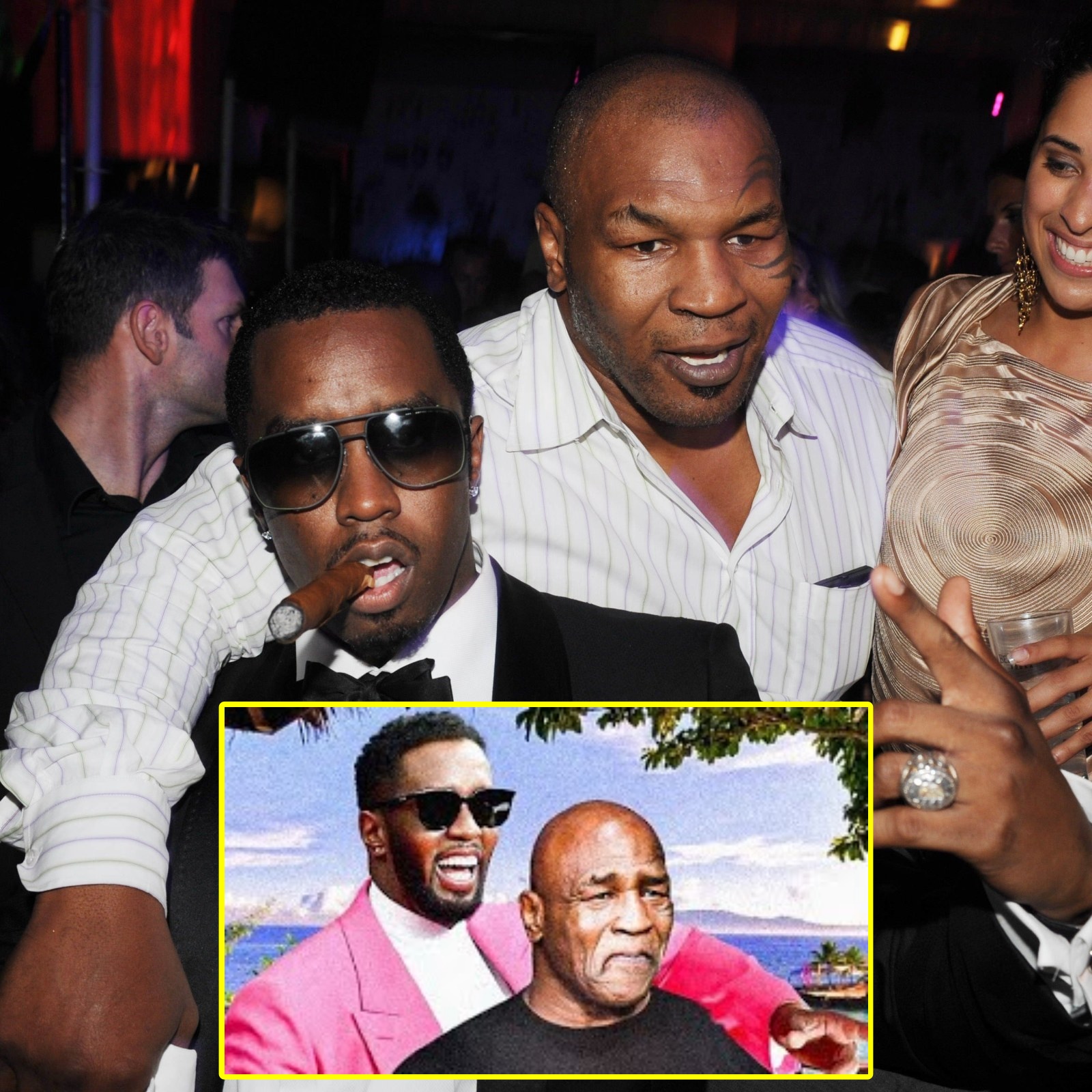
The unfolding saga surrounding Diddy and the various allegations against him, including the recent lawsuit filed by Rodney Jones Jr, commonly known as Lil Rod, has captured widespread attention and sparked intense public debate. Jones’s lawsuit, filed in federal district court in Manhattan, accuses Diddy of serious misconduct, alleging exploitation and abuse during their collaboration on the Love album Off the Grid.
Moreover, the lawsuit indirectly implicates other celebrities such as Stevie J, Meek Mill, and Usher, raising questions about their involvement in Diddy’s alleged misconduct. This has led to widespread speculation and discussion among fans and observers.
Usher’s history with Diddy adds another layer to the narrative, as his early career, marked by his time living with Diddy, has been a topic of speculation and concern. Comments made by Usher in an interview with Howard Stern about the so-called “Diddy flavor camp” shed light on potentially inappropriate dynamics within Diddy’s circle.
The lawsuit and the public disclosures from figures like Mike Tyson, who is set to reveal more about the parties that have tarnished Diddy’s reputation, suggest a challenging period ahead for Diddy, with significant legal and reputational ramifications at stake.
The recent police raid on Diddy’s properties in Miami and Los Angeles, where weapons and footage were reportedly seized, has further intensified scrutiny on Diddy’s personal and professional life. The involvement of Diddy’s family in the raid, particularly images of his sons in handcuffs, has added a personal dimension to the ongoing drama.
Mike Tyson’s reflections on his relationship with Tupac Shakur and his indirect connection to Diddy through the music industry’s tumultuous history add another layer of complexity to the narrative. Tyson’s insights shed light on the dynamics and power struggles of the era, contributing to the broader discourse on the legacies of prominent figures like Tupac and Diddy.
Despite Diddy and his legal team vehemently denying the allegations, framing them as fabrications aimed at exploiting his fame and wealth, the public’s perception of Diddy appears increasingly negative. The unfolding saga highlights the complex interplay of celebrity, legal battles, and public perception, where the truth can be elusive, and the lines between fact and speculation often blur.
News
Video: Mike Tyson Talks Diet for Jake Paul Fight, Reveals He’s Been Eating Raw Meat
Video: Mike Tyson Talks Diet for Jake Paul Fight, Reveals He’s Been Eating Raw Meat Jeff Bottari/Zuffa LLC via Getty Images Ahead of his July 20 fight against Jake Paul, legendary heavyweight boxer Mike Tyson provided some insight into his…
(VIDEO) “Celtics Legends Unite: Jayson Tatum and Paul Pierce’s Pre-Game Chat Sets the Stage for Game 1”
“Celtics Legends Unite: Jayson Tatum and Paul Pierce’s Pre-Game Chat Sets the Stage for Game 1” In the storied history of the Boston Celtics, few players have achieved legendary status quite like Paul Pierce. A key figure in the Celtics’…
Record show of “King Midas” Taylor Swift: Helped an entire city earn 16,000 billion, 90% of hotels were sold out, airlines also made huge profits
Record show of “King Midas” Taylor Swift: Helped an entire city earn 16,000 billion, 90% of hotels were sold out, airlines also made huge profits Taylor Swift is currently the “King Midas” of the music industry, the most influential pop…
As Taylor Swift basks in the success of her latest album, at least one person is not a fan as Drake is said to take aim at Taylor Swift.
As Taylor Swift basks in the success of her latest album, at least one person is not a fan as Drake is said to take aim at Taylor Swift. Drake takes aim at Taylor Swift and others in Kendrick Lamar…
“Taylor Swift’s Eco-Conscious Move: Sells $40 Million Private Jet After College Students Track Emissions”
Billionaire Taylor Swift plays big again: Sells her $40 million private jet when college students track her emissions. Fans were wondering how she made the mad dash from her Eras Tour stop in Tokyo, Japan to get to Las Vegas…
Travis Kelce responds to Jana Kramer’s claims he’s a bad influence on girlfriend Taylor Swift because he’s ‘always drunk’… and the Super Bowl winner is NOT impressed
Travis Kelce responds to Jana Kramer’s claims he’s a bad influence on girlfriend Taylor Swift because he’s ‘always drunk’… and the Super Bowl winner is NOT impressed Travis Kelce has fired back at Jana Kramer’s claims that he’s a bad influence on his…
End of content
No more pages to load
